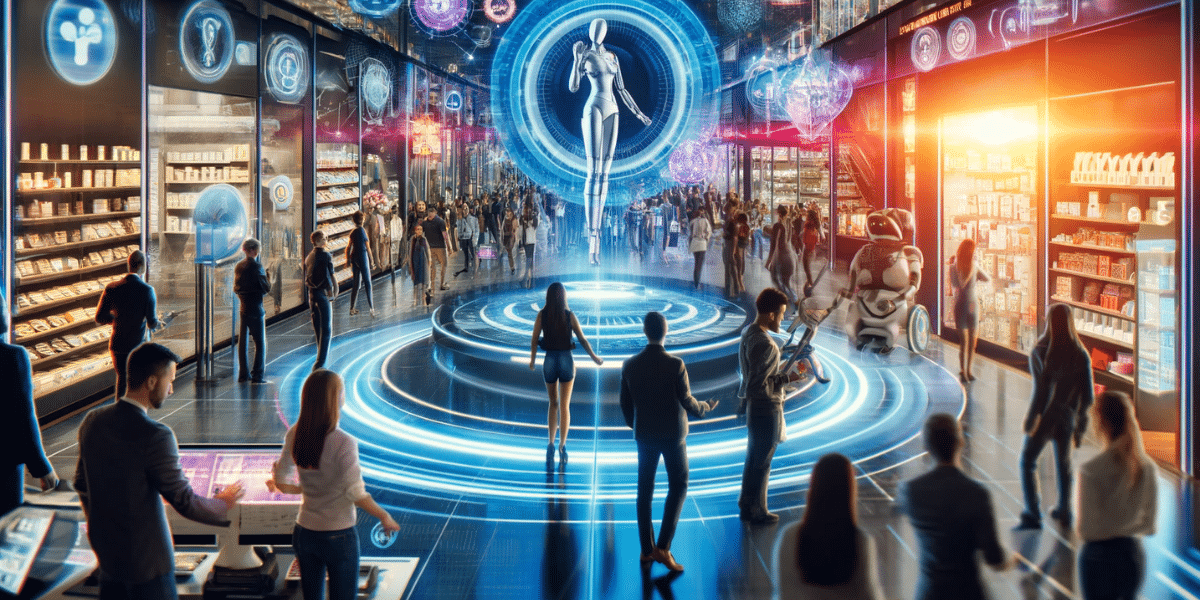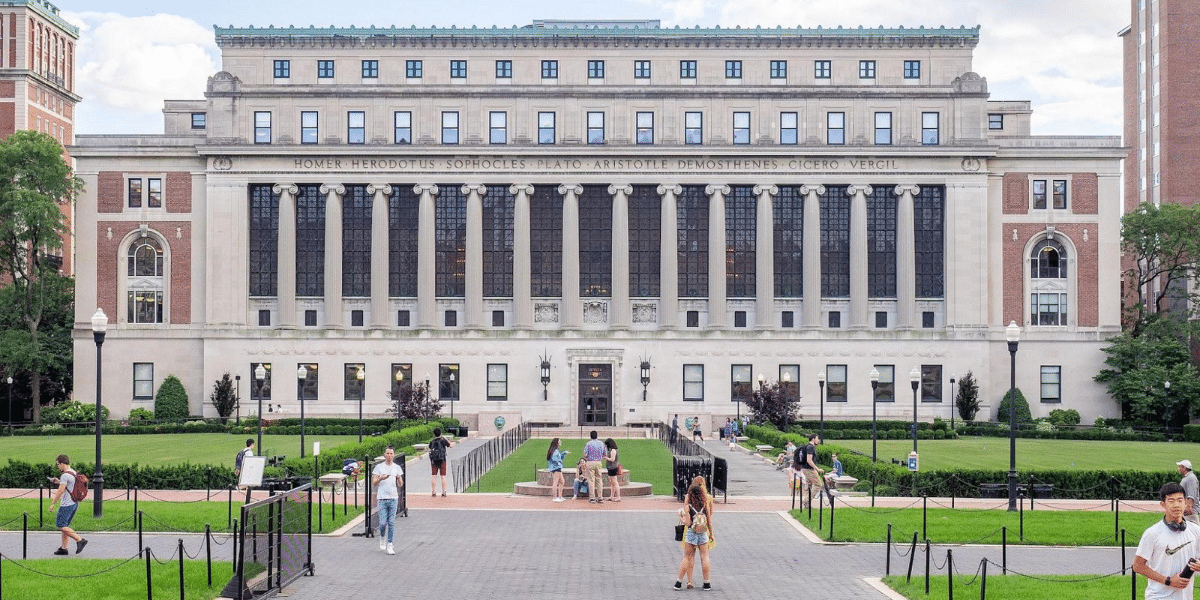Artificial Intelligence (AI) and Machine Learning (ML) are causing a major upheaval in the retail sector as technology continues to reshape many aspects of life. Anoop Kumar is an experienced and forward-thinking professional in the Information Technology industry with over twenty years of expertise in areas such as Artificial Intelligence (AI), Machine Learning (ML), program management, and digital transformation strategies. Anoop Kumar possesses a strong educational foundation, having graduated from the prestigious Indian Institute of Technology (IIT) Roorkee, obtained an MBA from the esteemed Indian School of Business (ISB), and received specialized training in Artificial Intelligence (AI) and Machine Learning (ML) from the University of Texas at Austin. His extensive expertise equips him with valuable knowledge and a deep understanding of how AI and ML can impact the retail industry.
The emergence of Artificial Intelligence (AI) and Machine Learning (ML) in the retail industry
The retail industry, which has always been influenced by consumer behavior and trends, is increasingly utilizing artificial intelligence (AI) and machine learning (ML) to achieve a competitive advantage. These technologies provide unparalleled opportunities to improve consumer experience, streamline supply chains, and customize marketing tactics. Anoop Kumar’s proficiency in artificial intelligence (AI) and machine learning (ML) establishes him as a prominent figure in comprehending and executing these advancements, guaranteeing the success of retail enterprises in the digital era.
Improving Customer Experience
AI and ML have greatly improved the consumer experience in the retail industry. Anoop has actively participated in the advancement of AI-driven chatbots and virtual assistants that offer customized customer assistance round the clock. These technologies utilize natural language processing and machine learning techniques to comprehend client requests and provide appropriate and fast responses, ultimately enhancing customer happiness and loyalty.
Additionally, artificial intelligence (AI) and machine learning (ML) empower retailers to provide tailored purchasing experiences. Retailers can customize product recommendations, promotions, and content to suit individual preferences by examining customer data, including purchase history and browsing behavior. According to Anoop, this degree of customization not only boosts sales but also improves consumer involvement and loyalty.
Enhancing the efficiency of managing the flow of goods and services
AI and ML have a significant influence on the optimization of supply chain management. Anoop Kumar has participated in projects utilizing these technologies to enhance demand forecasting accuracy, optimize inventory management, and streamline logistics operations. Artificial intelligence algorithms possess the capability to accurately forecast market trends and consumer demand, enabling merchants to proactively adapt their inventory and supply chain strategy.
Moreover, machine learning models have the capability to detect intricate patterns and extract valuable insights from intricate supply chain data, so empowering merchants to streamline their operations and minimize expenses. Anoop highlights the significance of these technologies in guaranteeing the availability of products at the correct location and time, hence enhancing customer satisfaction and reducing inventory holding expenses.
Customizing marketing strategies
AI and ML provide unequaled tools for personalization in the field of marketing. These technologies enable retailers to develop precise marketing programs that effectively connect with particular consumers. Anoop Kumar has personally witnessed the capabilities of AI in analyzing extensive datasets from diverse sources such as social media, online behavior, and purchase history. This analysis enables the segmentation of customers and accurate prediction of their preferences.
By utilizing these valuable insights, merchants can create customized marketing messages and promotions that greatly enhance conversion rates and client engagement. Anoop emphasizes the profound capacity of AI-powered marketing to cultivate more robust client relationships and stimulate sales expansion.

Photo Courtesy: Anoop Kumar
Dealing with Difficulties and Moral Deliberations
Although AI and ML provide numerous advantages in the retail industry, Anoop Kumar is keenly aware of the hurdles and ethical implications that come with implementing these technologies. Data privacy, security, and the possibility of algorithmic bias are currently the main topics of discussion on the subject. Anoop Kumar promotes the transparent and responsible utilization of AI and ML, highlighting the significance of ethical deliberations in the creation and implementation of these technologies.
Anoop Kumar addresses these difficulties by implementing a comprehensive strategy that encompasses strong data governance regulations, algorithmic openness, and ongoing bias monitoring. Anoop suggests that merchants can effectively utilize the potential of AI and ML by taking proactive measures to tackle these concerns, all the while ensuring trust and honesty with their customers.
The future of retail lies in the integration of artificial intelligence (AI) and machine learning (ML) technologies
Anoop Kumar foresees a future in which artificial intelligence (AI) and machine learning (ML) play a crucial role in all aspects of the retail industry. These technologies have the potential to bring about major innovation and growth in the sector through individualized shopping experiences, efficient supply chains, targeted marketing, and sustainable practices. Anoop Kumar’s current research in this domain seeks to investigate novel implementations of artificial intelligence and machine learning beyond the limits of what can be achieved in the retail industry.
Anoop Kumar’s proficiency and guidance in AI and ML provide useful insights and solutions as shops face the difficulties of a digital era. His dedication to utilizing technology for environmentally friendly and customer-focused retail methods is evidence of the revolutionary influence of artificial intelligence (AI) and machine learning (ML) in reconfiguring the retail industry.
Conclusion
Ultimately, the incorporation of artificial intelligence (AI) and machine learning (ML) into the retail industry is more than simply a passing fad; it signifies a profound transformation in the way businesses function and interact with their clientele. Anoop, with his extensive knowledge and forward-thinking perspective, is leading this shift, propelling the retail industry toward a future where technology improves every aspect of the shopping experience. As artificial intelligence (AI) and machine learning (ML) progress, their capacity to transform the retail sector is becoming increasingly apparent.
Published By: Aize Perez








